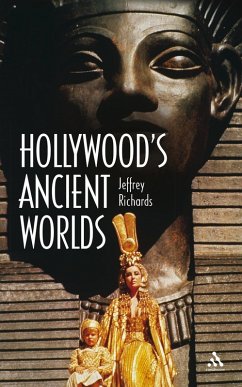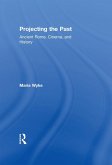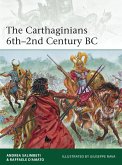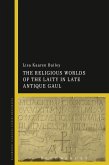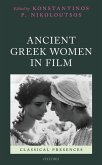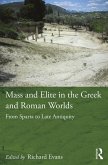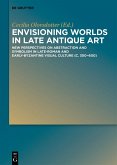Jeffrey Richards examines the cultural, social, economic and technological circumstances that dictated the rise and decline of each successive cycle of Ancient World epics, from the silent film era, to the "golden age" of the 1950s, right up to the present day (Gladiator, 300, Rome). Analysis reveals that historical films are always as much about the time in which they are made as they are about the time in which they are set. The ancient world is often used to deliver messages to the contemporary audience about the present: hostility to totalitarian regimes both Fascist and Communist, concern at the decline of Christianity, support for the new state of Israel, celebrations of equality and democracy, and concern about changing gender roles. The whole adds up to a fresh look at a body of films that people think they know, but about which they will learn a good deal more.
Bitte wählen Sie Ihr Anliegen aus.
Rechnungen
Retourenschein anfordern
Bestellstatus
Storno

